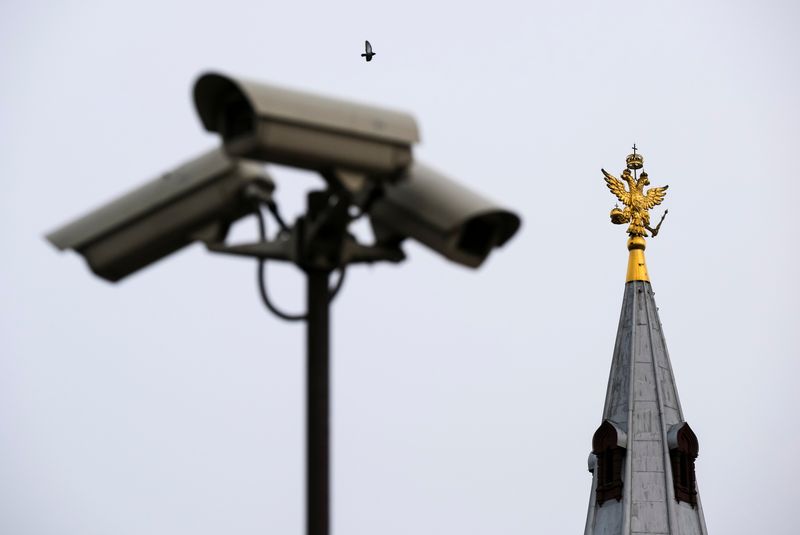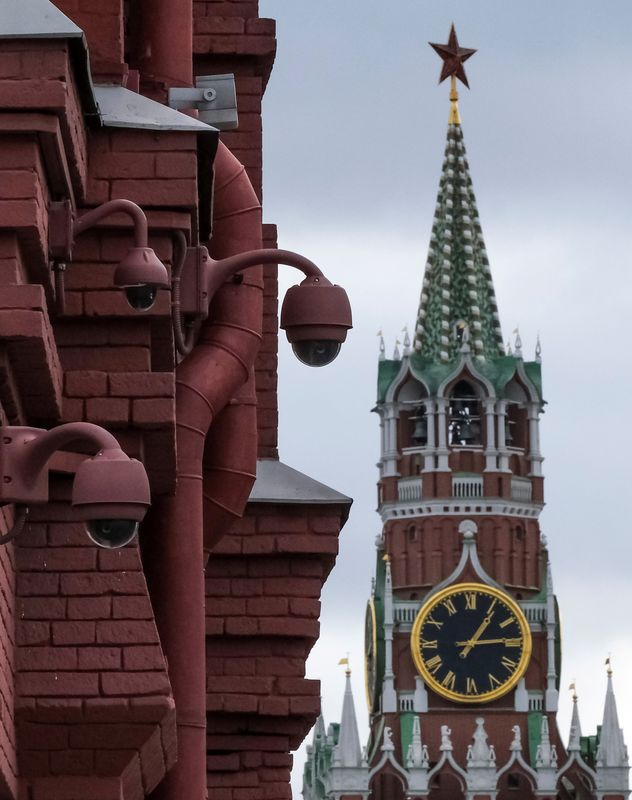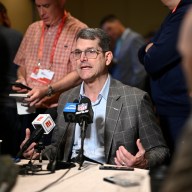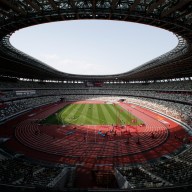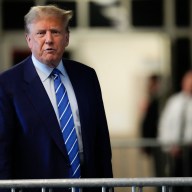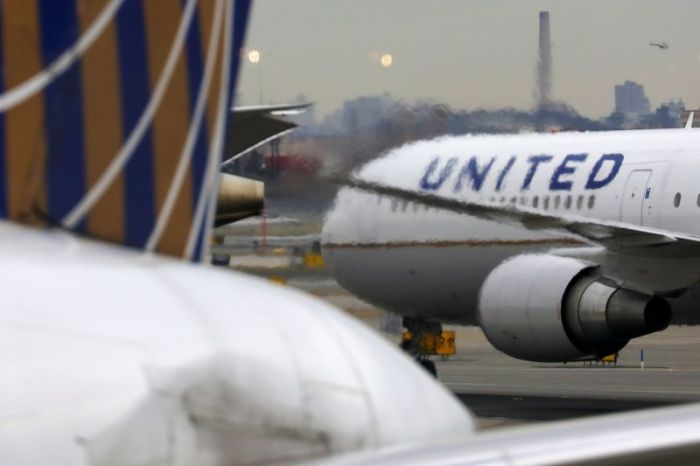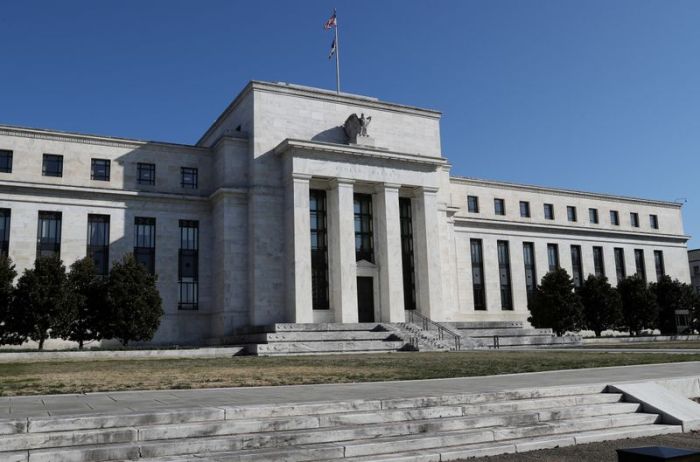MOSCOW (Reuters) – Expanding surveillance measures to police Russia’s coronavirus lockdown, including the use of facial recognition technology and collection of personal data, need regulating to ensure they are temporary and proportionate, two rights groups said on Thursday.
Moscow, the epicenter of Russia’s outbreak, is in partial lockdown along with many of the country’s regions and the authorities are using and developing a range of technologies to monitor and regulate residents’ movements.
Police say Moscow’s 178,000 facial recognition cameras had caught 200 people breaking coronavirus lockdown restrictions by mid-March. The cameras are capable of tracking individuals using just their silhouette and of detecting groups standing too close to each other, according to the firm which supplied them.
The Russian capital has also introduced digital passes which are mandatory for anyone wanting to use public or private transport, a system that authorities say 21 of Russia’s more than 80 regions will soon copy in some form.
Agora, a Moscow-based human rights group, and Roskomsvoboda, a digital rights campaign group, said the unprecedented nature of the pandemic meant some curbing of citizens’ rights and freedoms was justified.
But in a joint appeal to regional governors they said the expanding surveillance measures had to be regulated to ensure they were legal, proportionate and temporary in nature.
“The authorities … are actively developing technologies to collect personal data including photographs, videos, geolocations, home addresses, car number plates and medical diagnoses,” said Pavel Chikov, a lawyer who heads Agora.
“There’s not a single federal law regulating the use of facial recognition technology or of digital passes to get around. And there’s no guarantee enshrined in any regional legal act that … information about Russians’ private lives will be deleted once the quarantine is lifted.”
The authorities say Russia, like other countries, is confronted with unprecedented and rapidly changing circumstances and that their priority is to do everything they can to try to halt the virus, which has already infected over 60,000 Russians.
Moscow’s Department of Information Technology (DIT) did not immediately respond to a Reuters request for comment on data collection. The city police force said it could not comment.
Artem Kukharenko, founder of NtechLab, the company which supplied Moscow with facial recognition software, told Reuters he did not know how the DIT used the technology but that it had been notified of all its features, which include the ability to track individuals by their silhouette not just their face.
One medic in Moscow said he and his colleagues had received instructions by WhatsApp, seen by Reuters, from a senior doctor telling them to photograph patients diagnosed with the novel coronavirus, a demand that had caused some unease.
“I don’t take pictures personally because I think they can be used against people in the future,” another doctor said, declining to be named.
(Additional reporting by Vladimir Soldatkin and Nadezhda Tsydenova; Editing by Andrew Osborn and Nick Tattersall)

